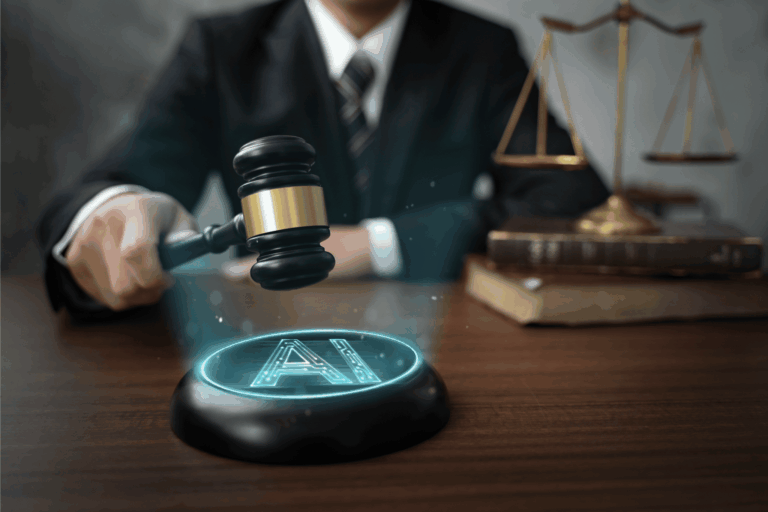Traditional artificial intelligence analyzes data to make predictions and decisions, while generative AI creates content in response to input. Examples include autocorrect and text-editing software which recognize certain patterns to provide personalized suggestions.
GAI is revolutionizing legal practice, revolutionizing tasks such as case research, document drafting and trial preparation. But this revolutionary solution also poses ethical challenges relating to client confidentiality.
DeepSeek
China’s DeepSeek has made waves in the AI industry. Their groundbreaking language model R1 was created at a fraction of the cost and outperformed similar US models on tasks such as math and coding – challenging chipmakers like Nvidia while shattering perceptions that advanced AI requires huge resources.
High-Flyer has supported this model’s creator, an open-source model company known for creating open-source models that minimize training costs through data gating to screen out low-quality or biased inputs and use an expert model routing mechanism which activates expert models based on type of input to reduce computational load.
However, the company has been plagued by cybersecurity issues. A prompt injection exploit and multiple data breaches led to temporary registration restrictions by the company.
ChatGPT
ChatGPT can produce more than text; it can create images and videos, generate code, help people understand complex ideas, even assist students writing essays by saving hours of research time.
ChatGPT can create highly detailed, human-like responses that may seem oddly realistic. This is often the result of generative AI models which can produce everything from Raphael paintings to random bits of Python code.
However, while artificial intelligence’s output may sometimes resemble that of human authors’ answers, its results aren’t always precise enough for use in court proceedings. A federal judge is currently contemplating sanctions against lawyers with Butler Snow for employing the flawed ChatGPT program to draft filings in federal court.
Bard
Bard is an AI-powered tool used by creative professionals to generate content such as creative briefs, poems, code scripts and emails in different forms. Additionally, it answers open-ended questions to test thinking abilities of its users and help with work processes.
Bard uses real-time web information to answer queries and complete tasks, making it an excellent solution for business users who require quick and accurate responses quickly and accurately. However, users should bear in mind that Bard may sometimes produce inaccurate or misleading data.
Bard can translate text between languages, making it invaluable for businesses that operate in multilingual environments. Furthermore, its versatile software enables report writing and visual representations of complex data – it even reads images to interpret results!
Claude
Claude begins with its own knowledge as its source for stable information, then searches using internal tools (google_drive_search, Slack, Asana and linear). For time-sensitive topics Claude uses these internal tools (google Drive Search API directly. When writing reports or documents or explanations without bullet points or numbers Claude writes without them and avoids lists altogether – even during casual discussions and advice-driven dialogues.
Claude does not create content that could be used to develop chemical or nuclear weapons, or malicious code. Additionally, it refuses to research or write malware such as vulnerability exploits, spoof websites, viruses, ransomware or election material even when used for educational purposes; additionally it cannot create or interpret images such as photographs and drawings.
Deep Learning
Deep learning is a type of Machine Learning (ML), which falls under the umbrella of Artificial Intelligence (AI). Deep learning utilizes algorithms to parse data and learn from it.
DL models can be highly effective tools in uncovering patterns from large, unstructured data sets autonomously. Over time they also evolve and improve their performance – which makes them suitable for detecting cyber threats such as malware.
An Atlanta DUI lawyer with experience can assist in fighting charges and protecting your rights. Contact Jim Yeargan’s team immediately; they are available 24 hours a day, 7 days a week to provide a thorough, aggressive defense for your case.
